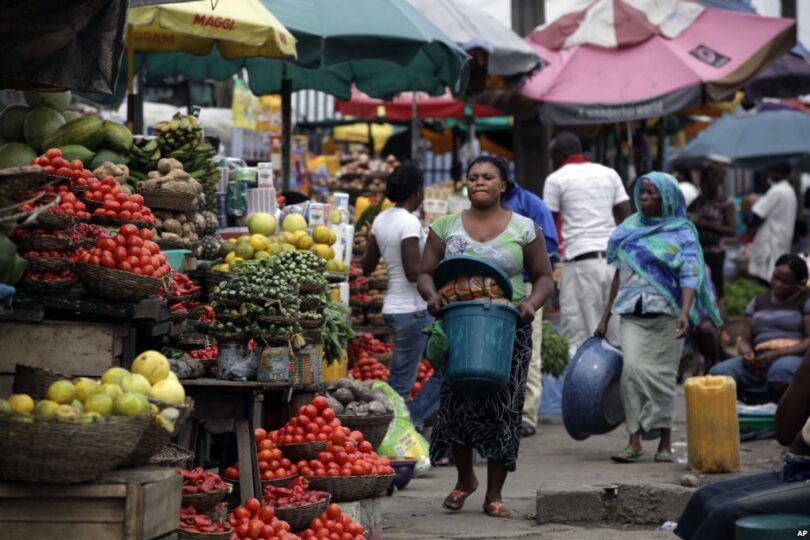Investment and Advisory firm, Comercio partners has stated that Nigerians should be cautions with the rising GDP growth rate stating that economic expansion may not translate to improved standard of living for Nigerians.
The firm stated this in its reaction to the latest Gross Domestic Product (GDP) report published by the National Bureau of Statistics (NBS) yesterday where Nigeria’s GDP grew to 3.19% on the back of rising crude oil output.
According to the firm, Nigeria’s economy may be ‘immiserizing’- a situation where improved GDP growth does not affect the living standards of the population.
It noted that the benefits of the economic growth might elude Nigerians due high inflation at over 33% and the hawkish interest rate environment at 26.75%. The firm explained based on these figures and applying Hanke’s Misery Index, Nigeria’s current score is 61.96%, highlighting the intense pressures endured by the population despite the reported economic gains.
The report states, “Despite recent growth, caution is warranted as Nigeria’s economic expansion may be ‘immiserizing,’ where increased GDP does not translate into improved living standards. With unemployment rate of 5%, inflation at 33.40%, and a challenging interest rate environment of 26.75% , this erode the potential benefits of this growth.”
“The GDP growth in Q2 2024 signals cautious optimism, with continued expansion contingent on addressing sector-specific challenges and stabilizing key growth drivers.”
The report, however, pointed out that the energy sector presents a more nuanced situation. While oil production saw an increase from Q2 2023 to Q2 2024, the decline from Q1 2024 underscores ongoing challenges that could threaten future growth.
Additionally, the firm expressed concern over the slowdown in non-oil sector growth compared to Q2 2023, particularly within manufacturing and agriculture, indicating potential vulnerabilities. To ensure sustained GDP growth, it is crucial that the services sector maintains its momentum and the industry sector continues its recovery.
Addressing the downward trends in agriculture and manufacturing is essential for achieving balanced and inclusive economic growth.
According to the NBS Nigeria’s economy expanded by 3.19% year-on-year in real terms during the second quarter of 2024, exceeding the 2.51% growth recorded in the same quarter of 2023 and the 2.98% growth observed in the first quarter of 2024.







